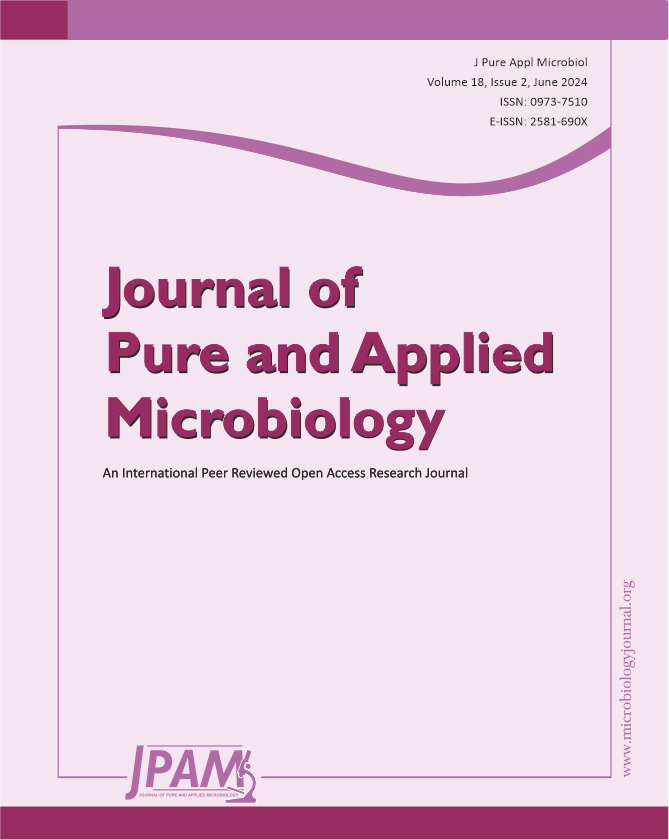Salt Tolerant Microbes are a group of microorganisms that grow, develop, and survive in extremely high salt concentrations. Based on their tolerance level they generally grow up optimally at pH values beyond 9.0, but the growth is inhibited at the pH value that is most closely associated with neutral 6.5. They have minimal dietary needs and a good salt quantity that is high enough to osmotic pressure. They can produce biological metabolites that have certain actions such as antibacterial, antifungal, antioxidant, and anticancer. We discussed in this article various pharmaceutical formulations of salt-tolerant microbes, every formulation shows the specific pharmacological actions like anti-cancer activity, anti-oxidant activity, and anti-microbial activity, and also discusses methods for the biosynthesis of salt-tolerant microbes’ nanoparticles.
Salt Tolerant Microbes, Nanoparticles, Metabolites, Microorganism
© The Author(s) 2024. Open Access. This article is distributed under the terms of the Creative Commons Attribution 4.0 International License which permits unrestricted use, sharing, distribution, and reproduction in any medium, provided you give appropriate credit to the original author(s) and the source, provide a link to the Creative Commons license, and indicate if changes were made.


